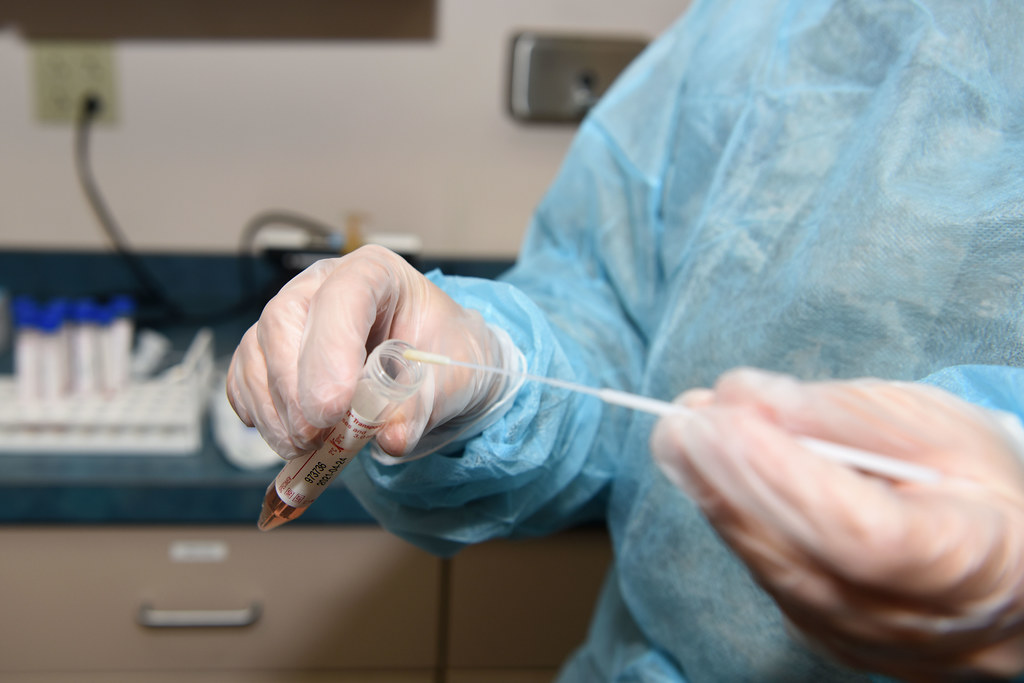As WIS students return from virtual learning into an on-campus hybrid model, concerns about the administration’s plans have engulfed the WIS community and sparked a conversation on what the school needs to do to halt the spread of COVID-19 as it re-opens on October 5th.
For many students, the weeks before the commencement of hybrid learning represent a period of uncertainty and difficult choices. Some students have chosen to return. Others intend to continue virtual learning. Many, however, remain undecided at this critical juncture.
The primary concern of students in the midst of this pandemic remains health and safety. In the recent plans which have been released by the administration, this appears to be a clear priority in hybrid learning.
The administration has placed a great deal of emphasis on the strict enforcement of mask-wearing and social distancing guidelines through their alterations to lunch rules and arrival and dismissal times, and the daily symptom check form which students must complete every day they are on campus.
However, certain facets of the plans for reopening feel somewhat inadequate in maintaining the public health of the WIS community. Most importantly, the issue of asymptomatic carriers of disease is not appropriately addressed by the current plans. According to current CDC estimates, nearly 40% of infections are believed to be asymptomatic and those who have asymptomatic cases of COVID-19 are still 75% as infectious as those cases with obvious symptoms. While it is difficult to collect data on SARS-CoV-2 transmission and asymptomatic cases, the scientific consensus nevertheless suggests that asymptomatic cases exist and they represent a substantive percentage of the total cases.
Under the current plans, the process for identifying COVID-19 cases depends on the reporting of symptoms to a health provider and the subsequent results of medical testing for the virus. However, this system relies on the early detection of the symptoms of the viral infection. In the case of an asymptomatic carrier, no such detection can occur and the virus may spread within the WIS community (although at a reduced rate due to the enforcement of mask-wearing and social-distancing) for a lengthy period of time until a symptomatic case is reported.
The lack of required testing for COVID-19 for students returning to WIS means that asymptomatic cases pose a particularly elevated risk to the hybrid model, where the virus’ spread could continue without being discovered for an extended period. In the absence of clear guidance on testing from WIS, students who wish to return under the cohort system should seek out these medical tests, even without symptoms, to catch infections early to mitigate spread. The choice remains, however, exclusively in the hands of students and their families, potentially leading to asymptomatic cases falling through the cracks.
While the administration has made clear that they will strictly implement guidelines on campus to maintain physical distancing and prevent the spread of COVID-19, these measures serve primarily to slow the spread of the virus as opposed to preventing its introduction into the WIS community. When combined with the potential presence of asymptomatic cases and the lack of required COVID-19 testing except for symptomatic cases, it seems possible that even a single positive test could throw the system into disarray. The lack of effective means for tracing the potentially asymptomatic spread of the virus may leave WIS with little option but to quarantine entire classes, grades, or even cohorts.
Across the nation, this period represents a time of uncertainty as plans for reopening institutions enter uncharted territory. Whether or not the hybrid model will succeed is unknown, but the choice to institute mandatory testing will not only have a beneficial effect on public health and safety but will also protect the cohort system itself and its potential for educational benefits.
By Nicolas Greamo





































































